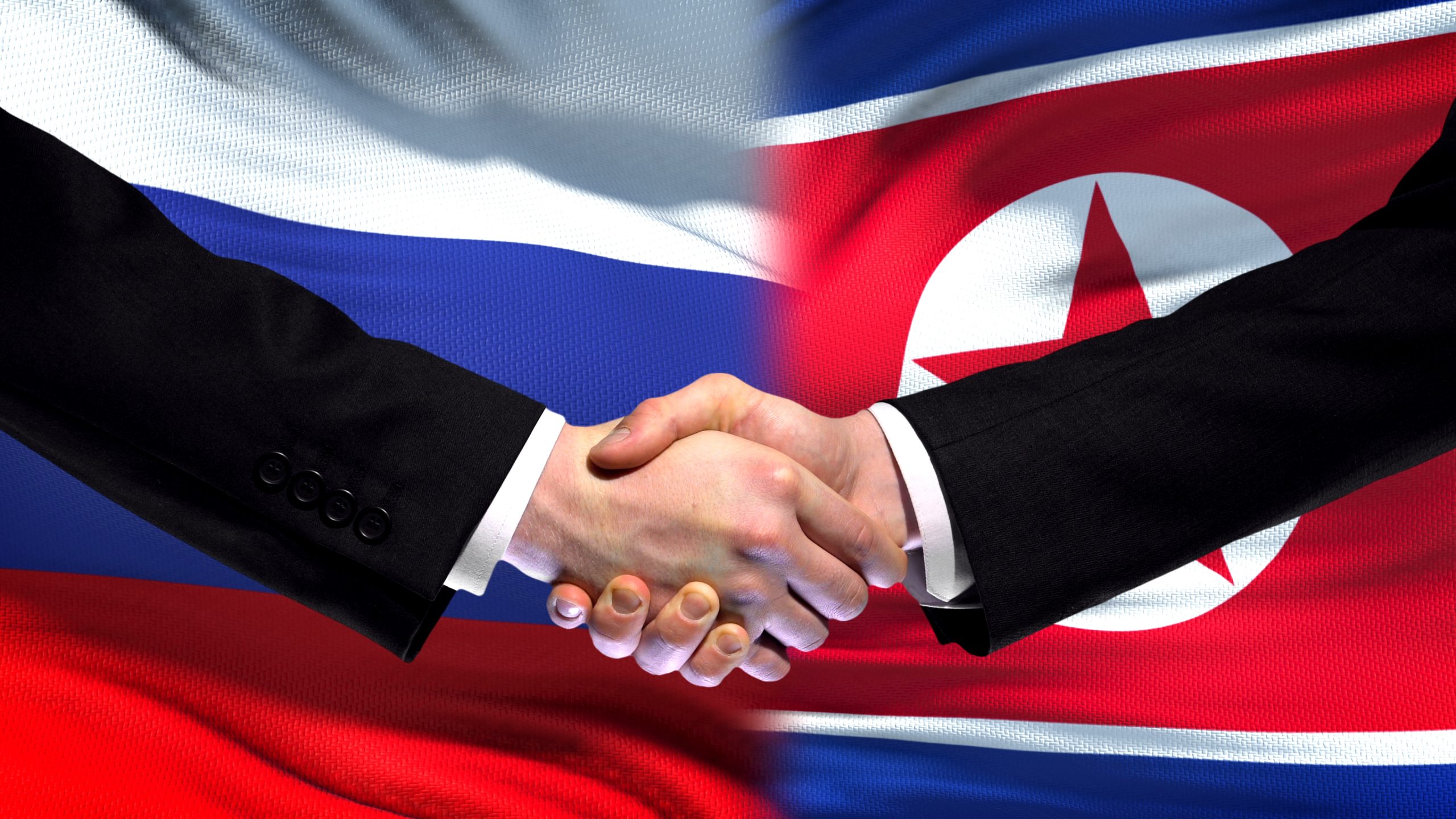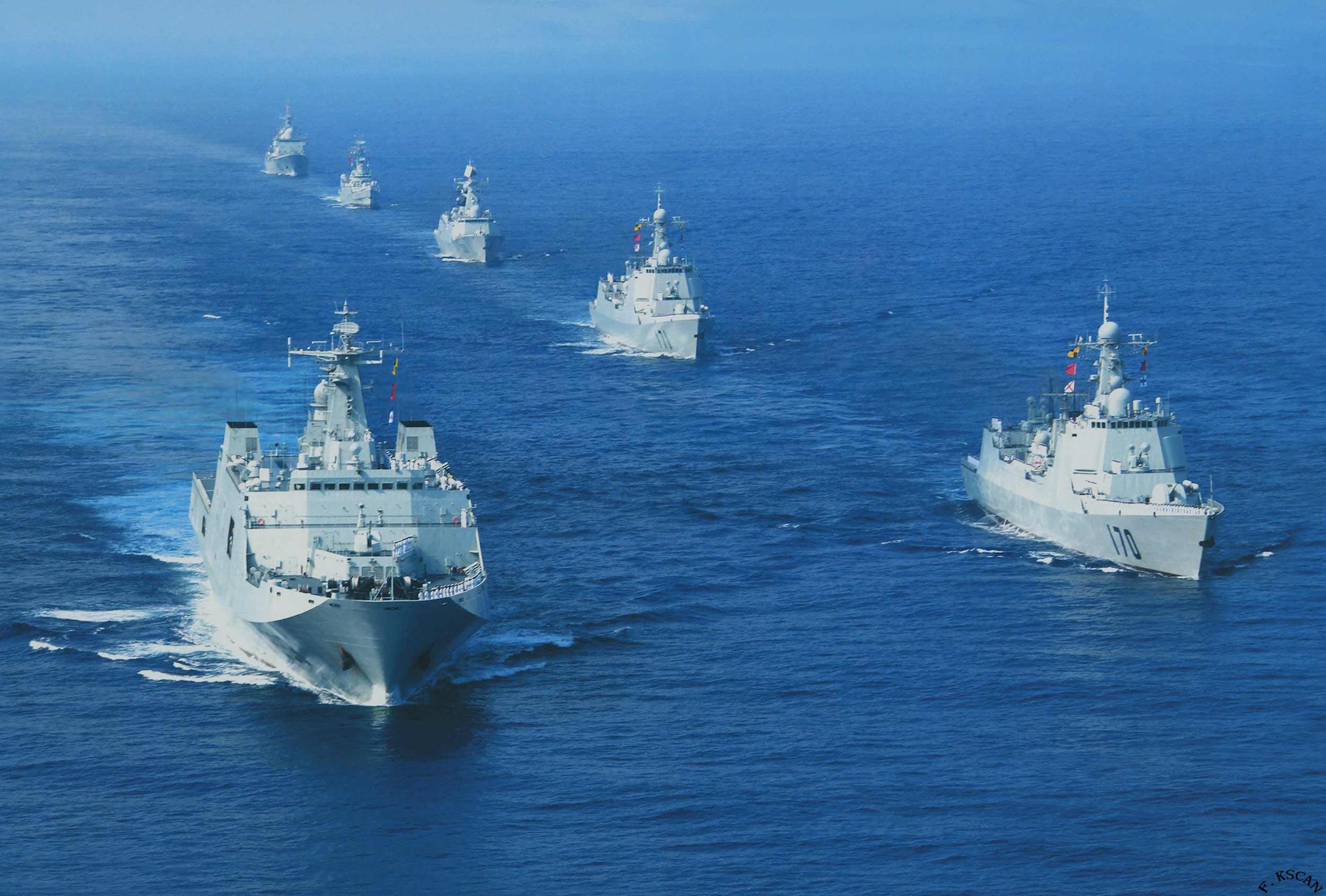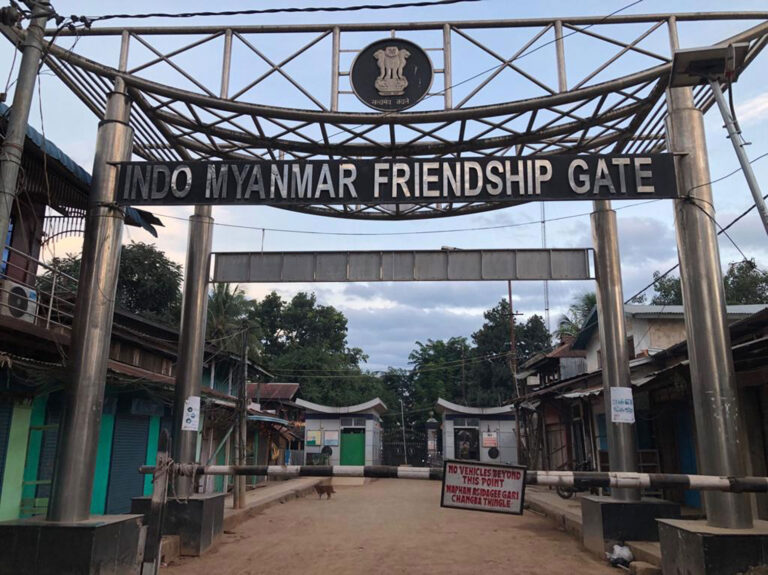
Ceasefire on Line of Control – An Analysis by Kanwal Sibal
Wed, 10 Mar 2021 | Reading Time: 7 minutes

The fog created around the ceasefire agreement announced by the DGMOs of India and Pakistan on February 25 has obscured how it should be understood. Lobbies in India that favour the resumption of dialogue with Pakistan, and, if not that, at least the need to re-engage it in some way, are exaggerating its import.
The argument that such an agreement could not have been reached without political direction from the top, and therefore it could well signify the beginning of a political breakthrough, is otiose. Our armed forces cannot independently decide to silence the guns on the border without a review at the highest political level, as this is a foreign policy cum military decision, with bearing on bilateral ties with Pakistan as well as border security. A political assessment would be needed as to how the public would react to the ceasefire, whether it would be seen as an unmerited gesture towards Pakistan and a softening of the Modi government’s posture towards it, in the background of the government giving a free hand to the army to respond appropriately to ceasefire violations by Pakistan.
It would also need to be assessed whether a ceasefire would tie our hands in responding to Pakistani violations and work to Pakistan’s advantage. While India has no interest in firing across the border unilaterally as it serves no strategic purpose, Pakistani violations are intended to facilitate the infiltration of terrorists into J&K, to which we have been responding vigorously as a form of punishment. In this specific context, a ceasefire would make sense only if Pakistan ceased to send in terrorists or promote terrorism through its proxies in Kashmir. If Pakistan, however, continues to drop arms and IEDs through drones in Punjab for use in Kashmir, as reports confirm, and uses tunnels to infiltrate terrorists, a ceasefire would only play into Pakistan’s hands as any response by us on the LoC would be seen as India violating the ceasefire agreement. However, our side has stated that irrespective of the ceasefire India’s counter-terror operations will continue internally and India reserves the right to retaliate in case Pakistan does not honour its part of the agreement.

Much is being said about the ceasefire being the product of back channel contacts over the last few months. It is entirely possible that this is the case, as the ceasefire agreement is unlikely to have been a precipitate decision. India and Pakistan continue to have diplomatic relations; the channels of communication are open. They have been used to obtain access to Kulbhushan Jadhav, and much more importantly, negotiations over the establishment of the Kartarpur Corridor. If Pakistanis reached out to our side through some back channel proposing a ceasefire and after some exchanges we have agreed, it would be primarily for the sake of sparing our border population from loss and disruption of lives, and should be seen as a humanitarian decision.
In this connection the superficial manner in which political signals from both sides have been read to inject deeper political meaning into the ceasefire agreement is striking. If on February 02, General Bajwa extended Pakistan’s hand of peace in all directions, it was seen as a solid signal to India. What has been overlooked is that he also said that the two countries must also resolve the longstanding issue of Jammu and Kashmir in a dignified and peaceful manner as per the aspirations of people of Jammu and Kashmir, and bring this human tragedy to its logical conclusion.
When Imran Khan on Kashmir Solidarity Day on February 05, said that “if India demonstrates sincerity in seeking a just solution to the Kashmir issue, in accordance with UNSC resolutions, we are ready to take two steps forward for peace”, it was again interpreted as a peace signal to India, as was his claim in Sri Lanka on February 23 that Pakistan’s “only dispute is Kashmir and it can be resolved through dialogue”.
What again has been overlooked is that soon after the ceasefire agreement, Imran Khan declaimed that India will have to restore the “pre-August 5, 2019 status of the occupied territory”. He added: “Agree to give the Kashmiris the right that was promised to them by the world community, and we are ready to talk to you”. For Pakistan the “onus of creating an enabling environment for further progress rests with India” and that “India must take necessary steps to meet the long-standing demand and right of the Kashmiri people to self-determination according to UNSC resolutions” India’s decision to allow his plane to fly over Lakshadweep Islands on his way to Sri Lanka has also been hyped as a political signal by us.
The desperation in some think tank and media circles in India for “peace signals” from Pakistan to enable India to respond is difficult to understand. China’s closed system and the disparity in power with China makes us prone to parse carefully what its leaders and the controlled press says, and see if there are openings we can decipher. But, with this approach to Pakistan we degrade ourselves. This weakness of ours allows Pakistan to manipulate sections of our public opinion to support a dialogue and harms our diplomacy. As we have seen in the present case, editorials that appear in our national media and columns are written by foreign policy experts advocating that India explore the signals from Pakistan, as if these are entirely new and we have no experience of dealing with such overtures in the past, and our experience of the game behind it. Pakistan uses the discourse of peace as a weapon when it suits it. The aim is to shape policy and public debate in India and internationally in favour of a dialogue with Pakistan, without conceding anything but words. Knowing western interest in a resumed India-Pakistan dialogue, it makes a move, without addressing our core concerns, and then puts the burden on India to respond, and if India does not take the bait, hold us responsible for refusing a dialogue. With the Modi government’s image damaged in the West with propaganda about its militant, anti-Muslim, Hindu nationalist revival attributes, Pakistan may hope to change the peace discourse in its favour.
The argument of peace lobbies in India that the latest Pakistani move is by the military, not the civilian government, and India should therefore not miss this chance is misleading. They forget that India has engaged the Pakistan military when it also held political power directly, that is, when Ayub Khan, Zia Ul Haque and Musharraf were all in all, but peace has not only eluded us, the problem of terrorism became worse in time. To say that we should at least explore Pakistan’s intentions and nothing is lost if the promise of peace is belied is precisely what Pakistan wants us to do.
The peace initiative will go nowhere because Pakistan cannot abandon the Kashmir issue, as that would be politically suicidal. For India, Kashmir is no longer on the table for discussion after the constitutional changes there. Going back to the ‘4 point formula’ or ‘ideas of shared sovereignty’ or ‘withdrawal from Siachen’ are no longer relevant. The only issues left are terrorism, trade and transit and people to people contacts. Pakistan will not move on them without some satisfaction on Kashmir. Any talk of Pakistan focusing on geo-economics instead of geo-politics is academic, as that would mean a collapse of Pakistan’s foreign policy. A change in thinking on Kashmir has to be in parallel with a change of thinking in Afghanistan and the Taliban, and this will not happen in the foreseeable future. The danger of resuming the dialogue with Pakistan is that this dialogue will give an opportunity for third party meddling. India will be blamed more for its breakdown as the issue of Pakistani sponsored terrorism against India is not of primary importance for those who have pushed for this dialogue in the past in the West. The US, for instance, has not been able to force Pakistan to end support to terrorism in Afghanistan and despite that continues to engage it.
Much has been made of the joint statement issued by the DGMOs as signifying that the two militaries are now talking to each other. But talking about what- military issues related to the Kashmir issue or political ones? The suggestion that a direct line to General Bajwa has been established makes no sense. The Indian Army is not empowered to handle the Kashmir-related political issues. The reference to “core issues and concerns” in the joint statement has been over-interpreted. The choice of words may have been a little careless in terms of political nuance, but all the DGMOs have said is they “agreed to address each other’s core issues and concerns which have propensity to disturb peace and lead to violence” in the interest of “achieving mutually beneficial and sustainable peace along the borders”. These “core issues and concerns” relate to disturbing the peace on the border, not a larger template.
Peace noises from Pakistan today are prompted by the need to buy time, release the pressure building on it because of financial difficulties, the pandemic and harrying by the FATF. Pakistan also has an eye on winning some goodwill from the Biden administration for its Afghanistan policy, past relationship with some key Democrats, and testing if changes in Washington may create some creases in India-US ties on issues relating to Kashmir, CAA and minorities that Pakistan can exploit. Pakistan, as usual, seeks to promote the idea of US mediation, which our own commentators have played up by suggesting behind the scene efforts by the US in favour of this ceasefire agreement, as if India has no independent agency in the matter. The most important reason for a perceived peace move could be the lesson that Pakistan has drawn from the grit, confidence and the means with which India has stood up to China militarily in Ladakh, forcing it to climb down in a direct military confrontation. Pakistan may have concluded that a more confident and emboldened India could hit Pakistan harder for ceasefire violations and therefore a pause on the LoC would be advisable. This would explain the timing of the ceasefire announcement. Doing it earlier would have suited India as that could have been seen as a stab in the back by China while it was locked in a military confrontation. Pakistan had to wait for India-China disengagement to occur to make the agreement public.
*******************************************************************************
Author

Kanwal Sibal, with 41 years of diplomatic experience, was India’s Foreign Secretary. He was Ambassador to Turkey, Egypt, France and Russia and DCM in Washington (with rank of ambassador). He has written more than 550 Op-Eds and other articles for major Indian and foreign publications. He is a Grand Officier of France’s Ordre National du Merite (2004), recipient of the Padma Shree award ( 2017) and honoured by India and Contributions to International Cooperation award by Russia (2017).
Disclaimer
The opinions expressed in this article are the author’s own and do not reflect the views of Chanakya Forum. All information provided in this article including timeliness, completeness, accuracy, suitability or validity of information referenced therein, is the sole responsibility of the author. www.chanakyaforum.com does not assume any responsibility for the same.
Chanakya Forum is now on . Click here to join our channel (@ChanakyaForum) and stay updated with the latest headlines and articles.
Important
We work round the clock to bring you the finest articles and updates from around the world. There is a team that works tirelessly to ensure that you have a seamless reading experience. But all this costs money. Please support us so that we keep doing what we do best. Happy Reading
Support Us




















POST COMMENTS (4)
AB
Badar munir
Rahul Madhusudan Marathe
VP Singh